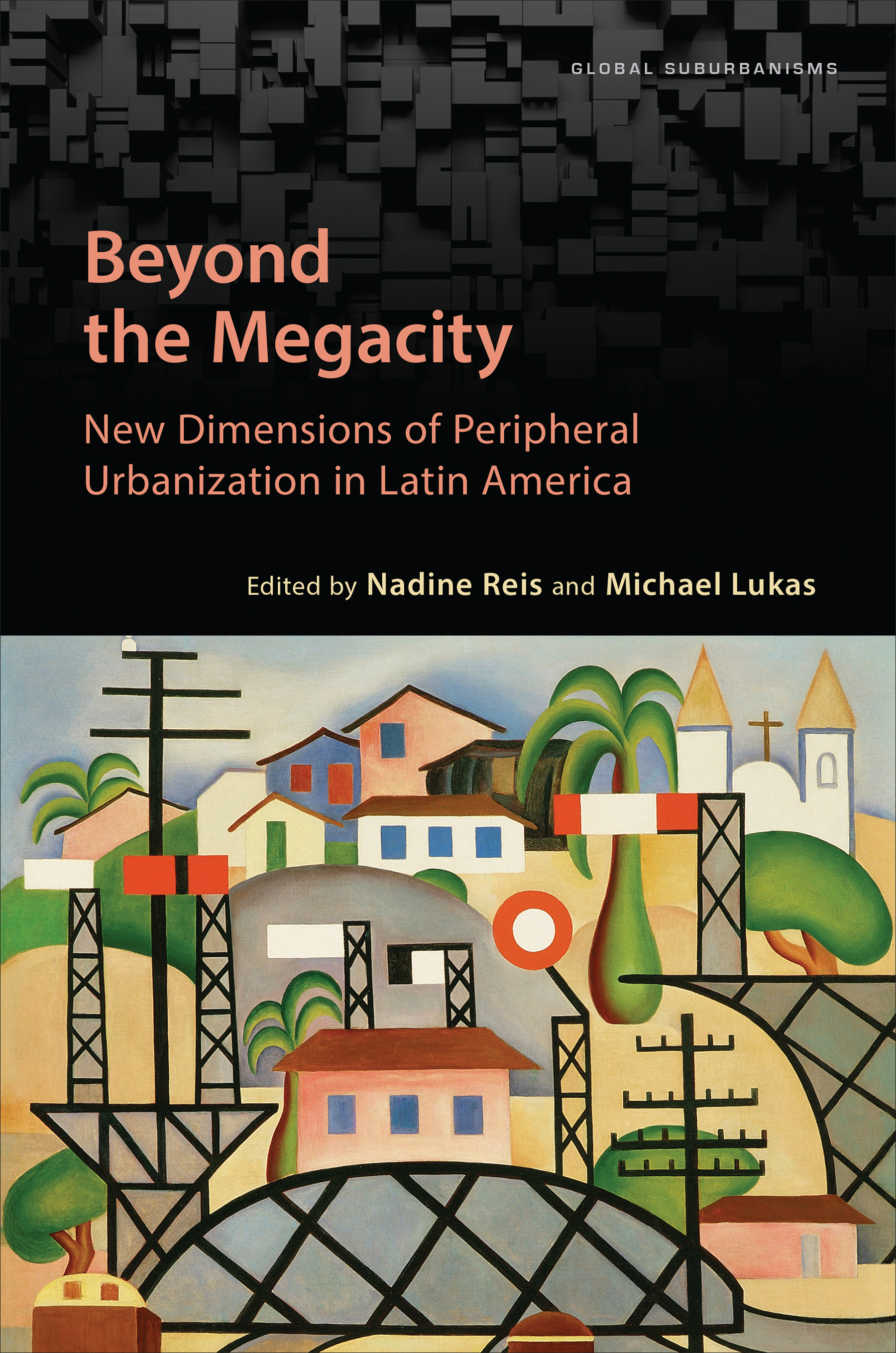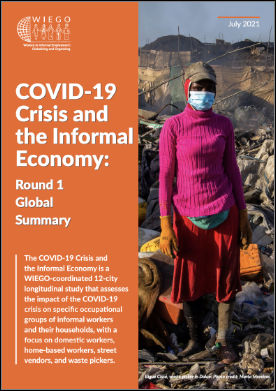- Who We Are
- How We Work
- Regional / Country Initiatives
- Legacy
- Core Themes
- Working Groups
- Portfolio & Results
- Newsroom
- Resources
State of South African Cities Report (South African Cities Network)
The State of South African Cities Report 2011 reflects on the first decade of a democratic and transformed local government in South Africa, the years 2001-2010.
The State of South African Cities Report 2011 reflects on the first decade of a democratic and transformed local government in South Africa, the years 2001-2010.
Building on previous State of the South African Cities reports published in 2004 and 2006, the 2011 edition compares trends and analysis between the nine largest municipalities of South Africa. It outlines at least ten key challenges that will be faced by the next generation of municipal leadership, ranging from political, economic, financial and social issues.
Main findings include:
- Better economic and social conditions. Employment, housing and service delivery, and investment in economic and social infrastructure have increased. However, the recession has hit cities harder than other places, setting back earlier progress on employment and public spending.
- Increased number of households living in informal settlements. The provision of housing and services by the public sector has struggled to keep pace with urbanisation and natural population growth, and the number and proportion of households living in informal dwellings in the cities have increased.
- Limited progress in providing essential services. Metro municipalities have found it difficult to plan and manage the pressures of population and economic growth. As a result, there has been limited progress in providing households with access to essential services.
- Greater focus on environmental issues. Concerns about the environment have moved rapidly up the local, national and international policy agenda as South African cities face growing challenges of food security, carbon emissions and constraints on water and energy supply. While some municipalities are undertaking innovative programmes, more could be done to connect policies and actions to wider development efforts.
- Difficulty implementing the vision of a developmental metropolitan government. The bold vision of metropolitan government established in the late-1990s has been far more difficult to implement than originally expected. Municipalities struggle with many competing demands, some of which are symptoms of deep-seated inequality, poverty and unemployment. Local government remains one of the least trusted public institutions.
The report also has three broad messages for decision-makers that reflect the short-term pressures faced by city governments. First, refresh the developmental vision of metro government with a bolder vision that creates conditions for all citizens to develop their full potential. Second, stabilise metro government and restore trust by facing up to past problems and identifying workable solutions. Third, start reshaping and reconfiguring cities so that urban growth can be effectively planned and managed.


